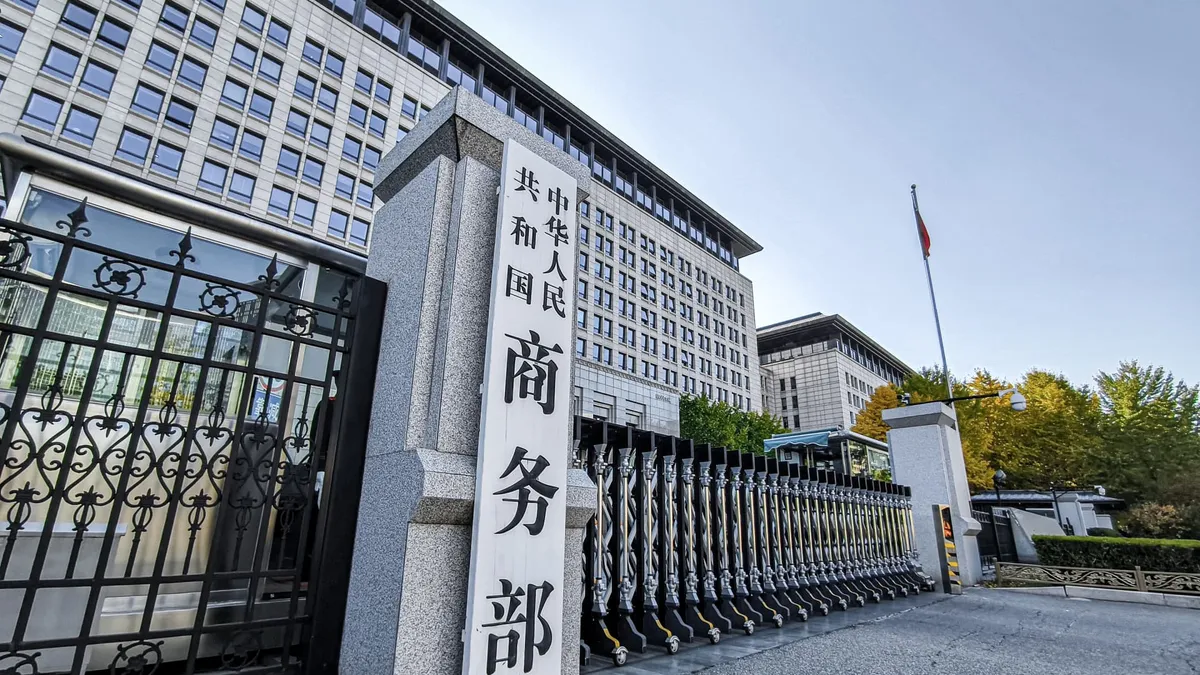
On Thursday, China’s Ministry of Commerce announced its intention to implement resolute counter-measures against the sweeping tariffs recently imposed by U.S. President Donald Trump. The ministry urged Washington to immediately cancel its unilateral tariff measures, which have sparked significant international controversy.
A spokesperson for the Chinese commerce ministry criticized the U.S. for its so-called 'reciprocal tariffs', stating that these tariffs are based on subjective and unilateral assessments. Such actions contradict established international trade rules and severely undermine the legitimate rights and interests of affected parties. The official described the Trump administration's decision as a classic example of unilateral bullying, emphasizing that numerous countries have voiced strong dissatisfaction and clear opposition to these measures.
The statement from China follows President Trump’s imposition of steep tariff rates on various countries, which include a striking 34% tariff on China, 20% on the European Union, 46% on Vietnam, and 32% on Taiwan. Notably, the White House clarified to CNBC that the new tariff rate on China is an addition to the existing 20% tariffs on imports, resulting in a total tariff rate of 54% on Chinese goods.
In addition to China, other nations have expressed their discontent regarding the tariff measures. Canadian Prime Minister Mark Carney announced that Ottawa would fight the tariffs with determination, preparing a comprehensive set of counter-measures to be revealed shortly. Meanwhile, South Korea’s acting President, Han Duck-soo, has ordered emergency support measures for industries and businesses likely to be affected, particularly the automobile sector. He has also instructed officials to engage in negotiations with Washington to mitigate the impacts of these additional levies.
Australian Prime Minister Anthony Albanese weighed in on the situation, labeling Trump’s tariffs as a poor decision and commenting that such measures do not reflect the actions of a friend. However, he ruled out the possibility of responding with reciprocal tariffs against the United States, focusing instead on other diplomatic avenues.
The ongoing tariff dispute between the U.S. and various countries, including China, highlights the complexities of international trade relations and underscores the potential repercussions of unilateral trade decisions. As nations navigate these turbulent waters, the global economic landscape remains uncertain.